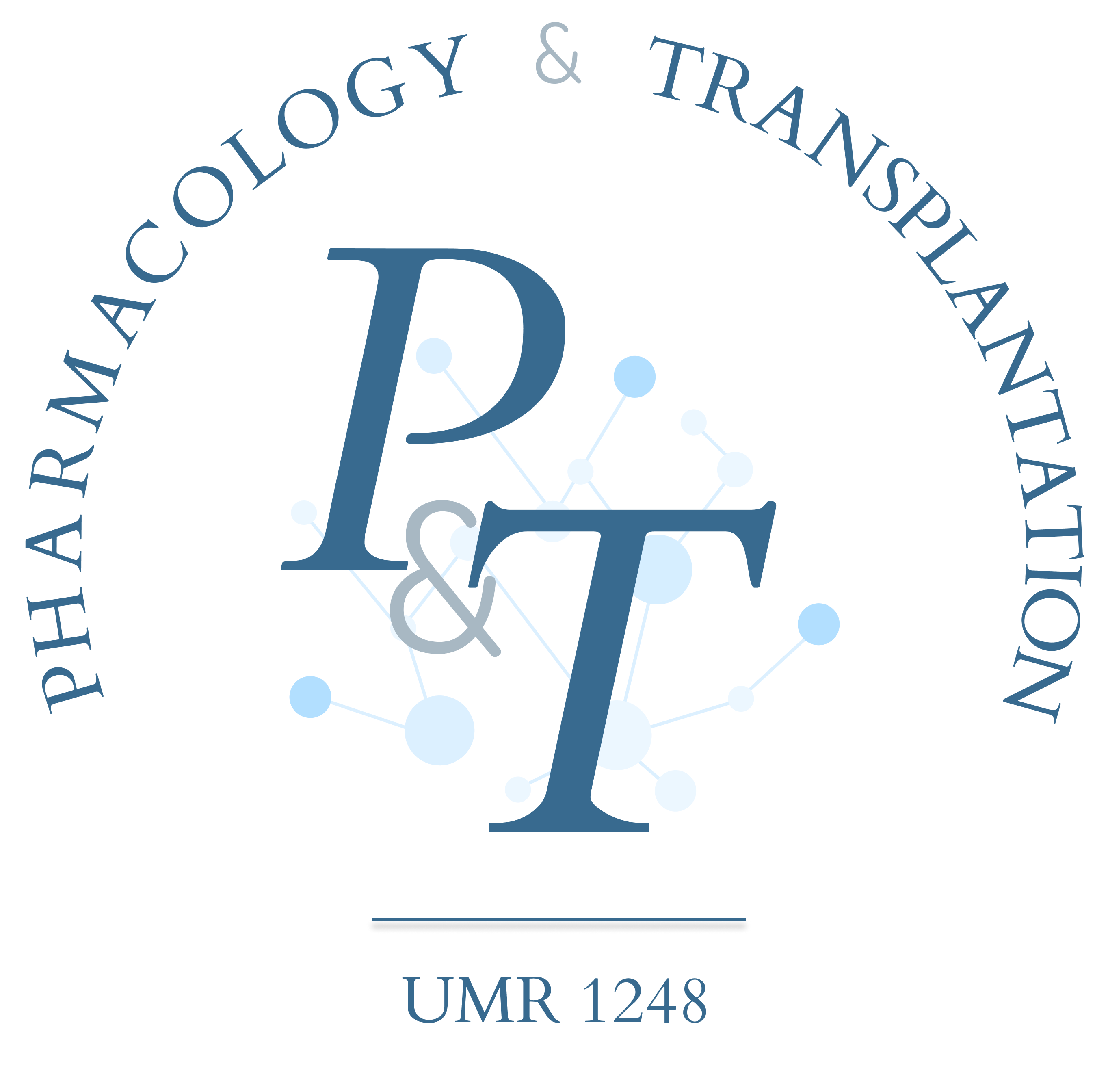Biomarkers in Liver Transplantation
Last modifications: 08/08/2019 by FDM
The long-term follow-up of liver transplant patients is currently based on suboptimal liver function tests, often combined in scores. Noninvasive, sensitive and specific biomarkers for the early detection of complications leading to graft dysfunction are still needed.
The FHU SUPORT has organized the systematic collection of blood and urine samples from liver transplant recipients to investigate diagnostic, predictive and/or prognostic biomarkers of graft dysfunction or lesions.
Post-transcriptional Modifications of Albumin
Coordinator: Dr. Souleiman El Balkhi
Most chronic liver diseases are notoriously asymptomatic, until cirrhosis with clinical decompensation occurs. Prevention of cirrhosis and the use of early diagnosis strategies before and once it develops are vital for maintaining patients in a symptom-free state and delaying decompensation, thus improving outcomes. This is particularly critical in liver transplanted patients. In patients suffering from cirrhosis, serum albumin (HSA) presents chemical and structural modifications, as demonstrated by the apparition of several isoforms. For instance, it has been demonstrated that the increased percentage of the oxidized forms of HSA is related to the level of liver dysfunction and predicts patient morbidity/mortality. Our hypothesis is that HSA modifications occur at early stages of cellular hepatic injuries. Therefore, our research objectives are: (i) to demonstrate the precocity of apparition of the different HSA isoforms at early stages of liver cell injuries allowing their use as early biomarkers for the diagnosis of liver injuries; (ii) to link the different HAS isoforms to the different pathological states in early and mild liver injuries; (iii) to investigate the underlying molecular mechanisms of these modifications and to predict their influence on the evolution of the disease. This will allow more accurate risk and patient stratification in asymptomatic or symptomatic chronic liver disease, as well as after liver transplantation.
Biomarkers of Liver Graft Injuries
Coordinator: M. Debette-Gratien
Our aim is to identify biomarkers of acute graft rejection, chronic rejection, cardiovascular complications and relapse of hepatocellular carcinoma. For this, we are collecting blood and urine from liver transplant patients as parts of a cohort study and accruing these samples to dedicated biobank called BIOSUPORT (PI: Prof. Sophie Alain, UMR 1092). We will screen for potential biomarkers using different omics platforms, similar to what we have already done in kidney transplantation.










